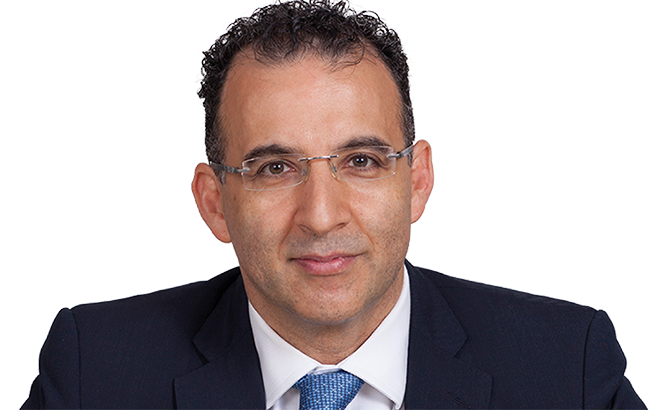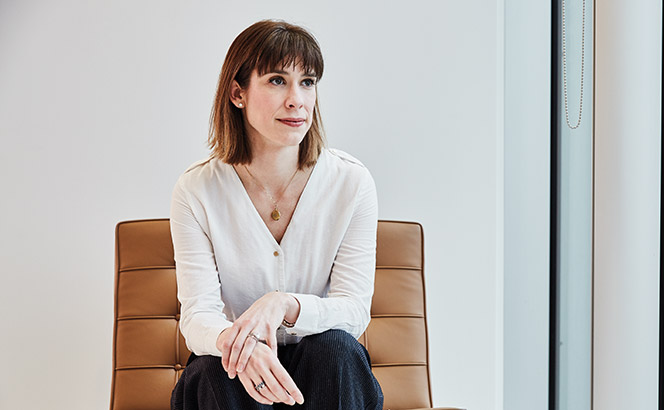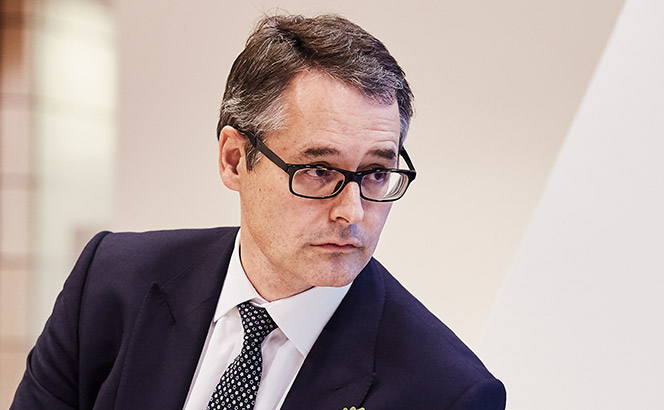As the global financial crisis bit, and (in England and Wales at least) the regulatory landscape shifted for law firms, there was a sense that the coming years would see the collapse of a significant number of firms. That doesn’t seem to have happened.










